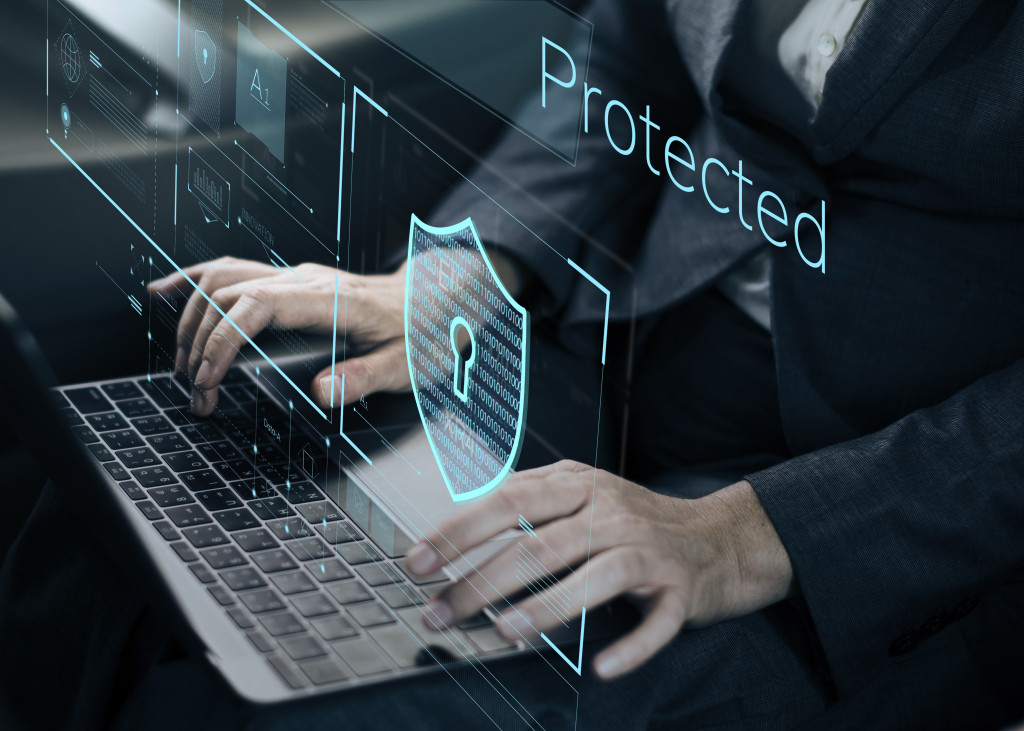Malware can affect your private data, so even if you can recover all your files in the cloud, you may not manage to save and keep your passwords, credit card information, and other sensitive data from being accessed.
Considering those risks, it’s crucial to know how to protect your PC against malware. If you suspect that an application or a file you downloaded contains malware, take it to a skilled computer doctor in Salt Lake City or any areas near you immediately. A certain type of malware spreads fast and is unforgiving, so have it eradicated at once.
That said, let’s discuss what malware is, the scope of damage, and the ways to avoid it.
Malware Explained
You may hear the words “malware” and “virus” being used interchangeably, but they are actually different, as a virus is a specific type of malware. There are nine types of malware, a virus being the most popular, followed by worm and Trojan.
Malware is a shortcut for “malicious software.” They are created by hackers to wreak havoc and gain access to PC users’ sensitive data. Microsoft basically defines malware as a software application that’s designed to damage a computer, server, or computer network.
A virus, the most popular type of malware, is a computer code that inserts itself to a legitimate application code or standalone program, then forces that application or program to reproduce and spread itself. It’s the only malware that can infect other files, which makes it hard to clean up, even with antivirus software. In most cases, a virus is eradicated through putting the infected file in quarantine or deleting it.
A worm is typically an email attachment that once opened, would spread itself to your computer and damage it. A famous worm that you might’ve heard of in 2000 is the “Iloveyou Worm,” which was more popularly known in the Philippines as “Iloveyou Virus.” Its damage was so extensive that it also attacked television networks, phone systems, and the production of newspapers. Suffice to say, a worm is something you should avoid.
Lastly, a Trojan or Trojan horse is a masquerader program that lures unsuspecting users so it can access their private data. It also causes damage to a computer, but cannot spread itself like a virus.
The most common type of malware today are actually a combination of different types, including these three popular ones. Getting rid of a malware can be tricky, so it’s better to secure your PC in the first place so you can avoid them.
Malware Prevention Tips
1. Install an Anti-Malware Program
Most PCs today have a pre-installed anti-malware program, so don’t uninstall yours if your PC came with one. If you don’t have it yet, Ask an expert to recommend you a good one. Be sure to keep the software updated as well.
2. Scan Your PC Regularly
Set up your anti-malware to do scans at regular intervals. Leave your PC on all day or night during the time of the scan so that it would be completed.
3. Update Your Operating Software

Your PC usually notifies you when the operating system needs to be updated. When it does, immediately allow the update, because it will add new security patches to your system.
4. Avoid Connecting to Public Wi-Fis
Public Wi-Fis may be used by hackers to access your private data, so opt for your personal mobile data when there’s no available secure network.
5. Be Careful When Downloading
Always verify that everything you download is from legitimate sources, including email attachments. Most of the time, malware affects our PCs because of our carelessness, so think before you click, make your passwords strong, and back up your files all the time.
When you own a computer, especially one that you primarily use for work or school, having it infected by malware is probably your worst nightmare. Keep these tips in mind to protect your device and information against the hackers.

